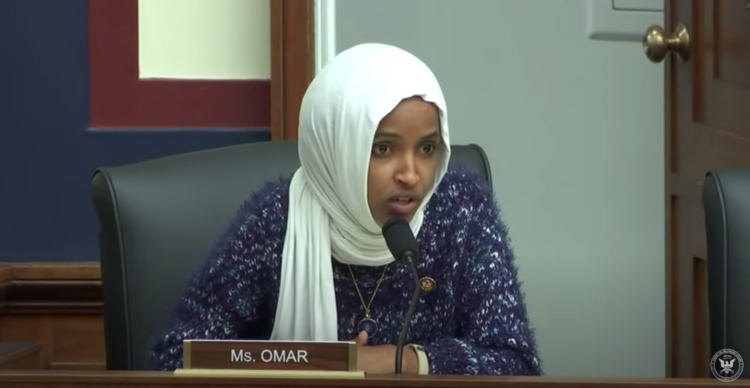Libya Committee Hearings
Dr. Frederic Wehrey
Senior Fellow, Middle East Program, Carnegie Endowment for International Peace
Ms. Megan Doherty
Senior Director for Policy and Advocacy, Mercy Corps
Mr. Benjamin Fishman
Senior Fellow, The Washington Institute for Near East Policy
Mr. Thomas Hill
Senior Program Officer, North Africa, United States Institute of Peace

Representatives echoed the consequences that interpreted American ambiguity towards Libya, and the human rights violations being committed there, could have on regional relations. Witnesses expressed how the lack of clear U.S. policy was reflected to the people of Libya and, more importantly, the detrimental impacts it had on them. All addressed how former President Trump’s phone call to Libyan warlord and American citizen, General Khalifa Haftar, signaled to many on the ground in Libya that the U.S. had chosen a side in the conflict—the side of the oppressor. Only days prior, after Haftar had launched his April 4 offensive against Tripoli, Secretary of State Mike Pompeo announced that the U.S. opposed the offensive, emphasizing that “there is no military solution to the Libya conflict.” However, President Trump’s contradicting actions damaged the reputation of the U.S. by strengthening Haftar’s insatiable ego by complimenting his efforts on “combating terrorism” and indirectly providing him with some source of political legitimacy on a global stage.


By the adjournment of the session, the witnesses’ combined testimonies expressed four main points:
The U.S. must call for a ceasefire
Humanitarian support and protection
The U.S. as a relatively neutral actor
The consensus of the witnesses was that if U.S. leadership was elevated in Libya, there would be significantly less interference from regional and non-state actors, which could translate to a more stable environment for political reconciliation and transition to occur. Based on their individual time spent living in Libya before and after the 2011 revolution, and conversations they had with Libyan citizens, the witnesses explained that, overall, the U.S. is still seen as a relatively neutral, trusted actor, specifying a lack of colonial legacy and geographic proximity. Even though the U.S. has been largely disengaged from Libya since 2012, it is also because of this that many Libyans currently view the U.S. as a potential honest actor with the capacity to organize the international community around a peaceful solution in Libya.
Ultimately, this must be a Libyan-led process
Although the U.S. has a unique role to help with the facilitation of democracy and reconciliation in Libya, ultimately, this must be a Libyan-led process. There is no resolution unless the people of Libya themselves can find a sustainable path toward reconciliation. Before the recent outbreak of violence, Libya had made significant progress, including restoring oil production and partnering with the U.S. to inhibit the Islamic State from establishing a new caliphate in 2016. The people of Libya are clearly capable of self-governing.
Watch a full recording of the hearing in the below video.

